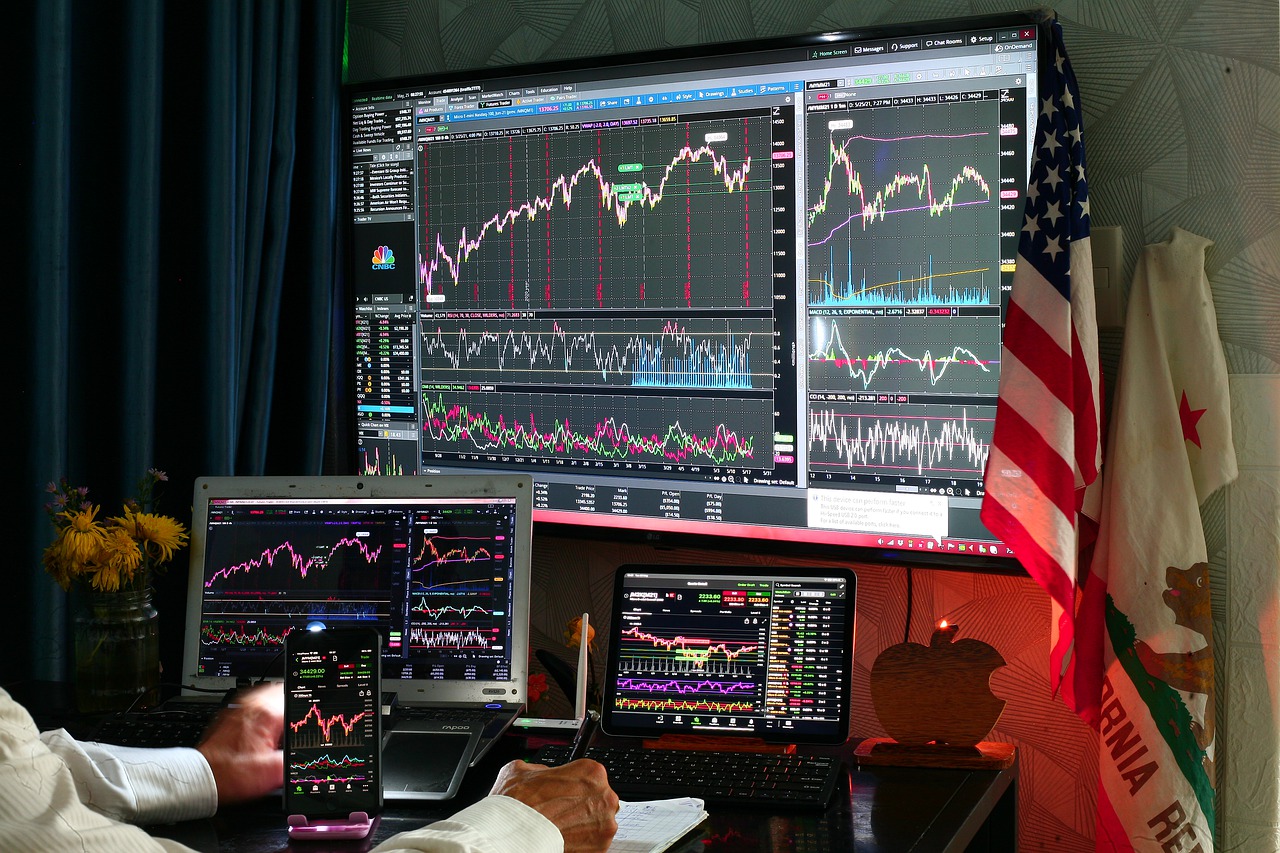The Nasdaq-100 consists of a basket of the 100 largest and most actively traded companies in the US. In this blog, we will take a look at five things to know about the Nasdaq-100 index.
1. It includes some of the most innovative companies in the world
The Nasdaq-100 includes companies that are at the forefront of innovation. Apple, Microsoft, Amazon, Alphabet, Intel. Meta, Starbucks, and Tesla are all Nasdaq-100 companies. The list goes on. These are companies that are leaders in their field and are constantly innovating to stay ahead of the curve.
2. It does not include any company from the financial industry
Nasdaq-100 only allows non-financial companies to be listed on it, unlike the S&P 500. Also at present, the index does not include any Utilities, Oil & Gas, and Basic Materials companies. Interestingly, there is a sister index, the Nasdaq Financial 100 that consists only of financial stocks. Both the indices debuted together in 1985. In the initial years, the focus was more on the Nasdaq Financial 100 index. But over the years, with growth in tech companies, the Nasdaq-100 is now more popular.
3. It is weighted based on modified market capitalization
The Nasdaq-100 is a modified market capitalization-weighted index. So, even though it relies on market capitalization, certain thresholds are in place when determining how the index is weighted, so that the largest companies do not skew the index. Each quarter, the index is rebalanced accordingly.
4. It includes foreign stocks as well
Unlike the S&P 500, the Nasdaq-100 includes foreign stocks as well. Baidu from China, Ryanair from Ireland, Garmin from Cayman Island, and Infosys from India are some of the foreign stocks that are part of the Nasdaq-100. Infosys was the first Indian company to be added to the Nasdaq-100.
5. You can invest in the Nasdaq-100 through ETFs
An easy way to invest in the Nasdaq-100 is through ETFs that track the index. The Invesco QQQ ETF is one of the best-known ETFs that tracks the Nasdaq-100 index. The ETF gives you exposure to all the 100 largest non-financial companies through a single investment.
As we have seen, the Nasdaq-100 index gives investors the opportunity to invest in some of the most innovative companies in the world . Find more details on how to invest in Nasdaq from India.

